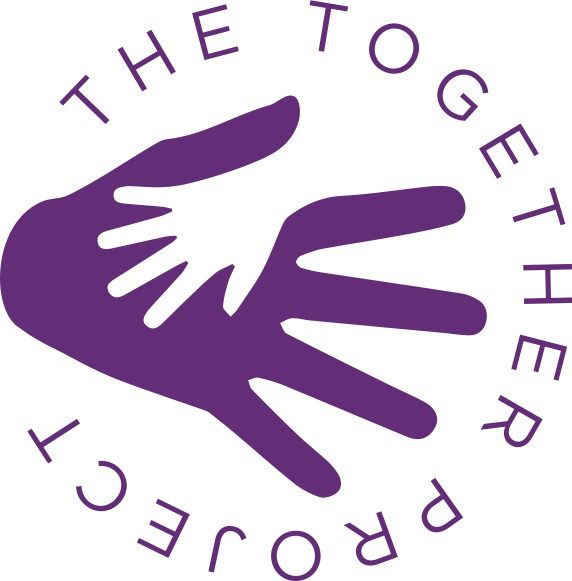A women and Cocoa Communities Initiative has been launched in Accra to empower women and young adults in rural cocoa producing communities in the Ashanti and Western North Regions.
Known as the “TogetHER” Project, the goal is to contribute towards closing the gender gap in the cocoa sector, address environmental issues such as climate change and promote agroforestry.
It would also address other agricultural risk, increase financial autonomy for women and youth, and promote cooperative development.
The Global Affairs Canada is funding the TogetHER project with 11 million Canadian dollars and it is being implemented by SOCODEVI, an international non-governmental organisation, based in Quebec, Canada.
Other implementing partners include the Ministry of Food and Agriculture, Ghana Cocoa Board, Department of Cooperatives at the Ministry of Employment and Labour Relations, District Assemblies, Cooperative Associations in the Ashanti and Western North regions, and other private sector partners.
During the launch, Madam Martha Mensah, Principal Coordinator, TogetHER project, said the partners decided to roll out the five-year project from 2022 till 2027, aiming to reach 3,000 women and a 1,000 young people.
Also, 300 women and 100 young girls would be trained in leadership and financial literacy, while 100 village savings and loans associations would be trained in a collective savings, entrepreneurship and financial inclusion to improve their socioeconomic shocks resistance.
In all, “up to 80,000 people from the two cocoa producing regions could improve their living conditions,” she said.
Madam Kathleen Flynn-Dapaah, Director, and Head of Cooperation, Ghana Program, High Commission of Canada, stated that gender equality and empowerment of women and youth were central to Canada’s international assistance effort around the world since the adoption of their “Feminist International Assistance Policy” in June 2017.
Canada strongly believes that promoting gender equality and empowering women and girls is the most effective way to build a more peaceful, inclusive and prosperous world, she said.
She expressed happiness that the TogetHER project would be reducing gender gaps in the cocoa sector and encouraging resource flows at the community level so that cocoa cooperatives could become more inclusive, foster women and youth equal and effective participation and truly sustain their empowerment.
Dr Solomon Ansah, representative of the Ministry of Food and Agriculture, applauded the project and emphasized the need to build the resilience of farmers in this era of climate change, with its attendant impact on farming and other socio-economic endeavours.
Dr Betty Annan, Country Director of World Cocoa Foundation, said women constituted about 40 per cent of the agricultural labour force, and were faced with multiple complex barriers, such as stifling social norms, limited access to productive resources and finance, and accounting for only about five per cent of cooperative membership.
The youth in Cocoa growing areas were also reluctant to go into cocoa farming because it was not lucrative enough so they would rather take up jobs in illegal mining activities, which guarantees a quick turn-around period of invested.
Therefore, a regime of structured and functional farmer cooperative would play an important role towards building the agency of cocoa farmers with a critical voice in policy discourse, Dr Annan stated.
She, therefore, commended SOCODEVI and the Global Affairs Canada for stepping in to cause a shift in paradigm through the TogetHER project.
Through the TogetHER project, SOCODEVI would build capacities of women and youth in financial literacy to ensure that they have financial autonomy. Gender inequalities at various levels within the cocoa communities would be addressed while women would be trained on leadership skills to take up roles at all levels, she added.
The project will address risks in the cocoa growing areas and link farmers to other sustainable funding sources.
Rev Edwin Afari, Executive Director, Cocoa Health and Extension Division, COCOBOD, said women formed 35 per cent of those working in the cocoa value chain and, therefore, critical partners in cocoa sustainability.
However, women face myriad of challenges, including having no access to land, and ownership, insufficient training, unfair working conditions, among others.
He expressed the hope that the project would help address some of the challenges, and said COCOBOD, would continue to support partnerships that would inure to the benefit of cocoa farmers.
Ghana is the second largest producer of cocoa in the world with cocoa contributing about 30 per cent of the country’s GDP.
The crop generates more than two billion dollars annually through the foreign exchange of export crops.


















